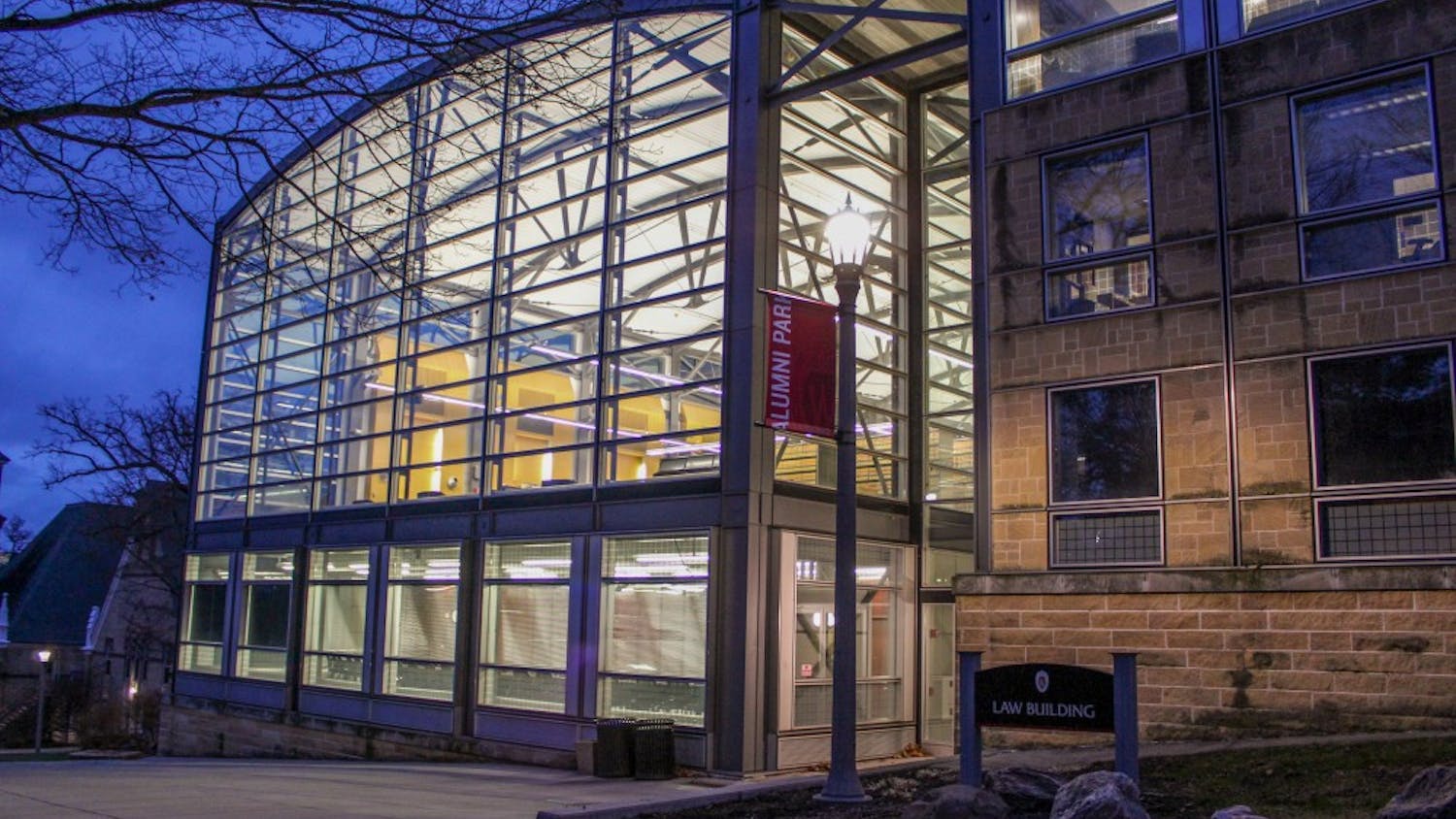As fires and floods raged in New Orleans' neighborhoods, concerned citizens in far-away Madison took a moment of silence Saturday before a raucous Badger win. Yet while Lee Corso celebrated the return of Steve Spurrier to college football with the country duo Big & Rich, corpses piled up in the Superdome's shadow.
Though Katrina was not quite enough to distract us from football, it does in some ways serve as a reminder of our federal government's initial indifference to the racial subtext of the New Orleans catastrophe-a reminder, as if we needed it, that our nation's promise of equality remains unfulfilled.
New Orleans was host to a vibrant black culture and a strong black middle class. Yet, a quarter of the city was poor, and it appears most trapped by the flood were poor. According to New Orleans Mayor Ray Nagin and the remaining police, the streets soon filled with bands of poor blacks turned hopeless-the scene of a white suburban nightmare. One Louisiana National Guard commander went as far as to say, \It's like Mogadishu."" This sounds something like what used to be called Negrophobia.
Maybe Negrophobia is too strong a word. But we should ask ourselves a relevant question: Who is being blamed for this humanitarian disaster?
Michael Brown, head of the Federal Emergency Management Agency, offered an answer. When asked about predictions of 10,000 corpses, Brown remarked, ""Unfortunately, that's going to be attributable to a lot of people who did not heed the advance warnings [to evacuate].""
So, according to Brown, it is the victims' fault that the poor and the black are dead. But Mayor Milton D. Tutwiler of Winstonville, Miss. told The New York Times on September 2nd that it was no man-bites-dog story. ""Am I surprised that no one has come to help us [blacks] now? No.""
Unfortunately, blaming the victim is as American as, well, football. Not unlike blaming deer for deer-hunting season. First Lady Laura Bush said of the abandoned New Orleans blacks and poor, ""That is just always what happens."" First Mother Barbara Bush added a caveat when noting the black refugees herded into Houston's Astrodome: ""So many of the people in the arena here, you know, were underprivileged anyway, so this-this [she chuckles slightly] is working very well for them.""
It worked ""well"" the last time, too. When the Mississippi flooded in 1927, President Coolidge ignored black refugees, relief chairman Herbert Hoover manipulated black leaders for primary votes, and white bosses counter-flooded poor neighborhoods while pressing black men into forced-labor clean-up crews.
So, if Negrophobia is too strong a word, how does one account for the chaos in New Orleans? The answer is simple-the government let a Hobbesian state of nature set in among the abandoned poor. Suddenly, the law became a handgun stolen from an ammo store, which, combined with hunger, lack of water and grandma floating dead an inch from her living room ceiling, created a situation akin to the Middle Ages.
""Many black people,"" Jesse Jackson noted, ""feel that their race, their property conditions and their voting patterns have been a factor in the [federal] response."" Is that true? Would FEMA dawdle while, say, a predominantly white suburb of Milwaukee, Minneapolis or any other major U.S. city burned? Probably not.
We promise equality and freedom, but when disaster struck, the poorest and blackest among us were left with Mr. Brown's cold comfort: ""You know, there was a mandatory evacuation of New Orleans."" All this goes to show how America's great promise remains unfulfilled. If we let a promise go unfulfilled long enough, it becomes a lie.
But wait. Let's not get too serious when discussing race. Rather, let's return to the big and the rich. Halliburton will get another $500 million contract, President Bush will kiss another black woman in Biloxi, and maybe then he will proceed to nominate another Clarence Thomas to the Supreme Court. Or, maybe, the president won't do a thing along the color line. Maybe, as in Iraq, he will ""stay the course.""





